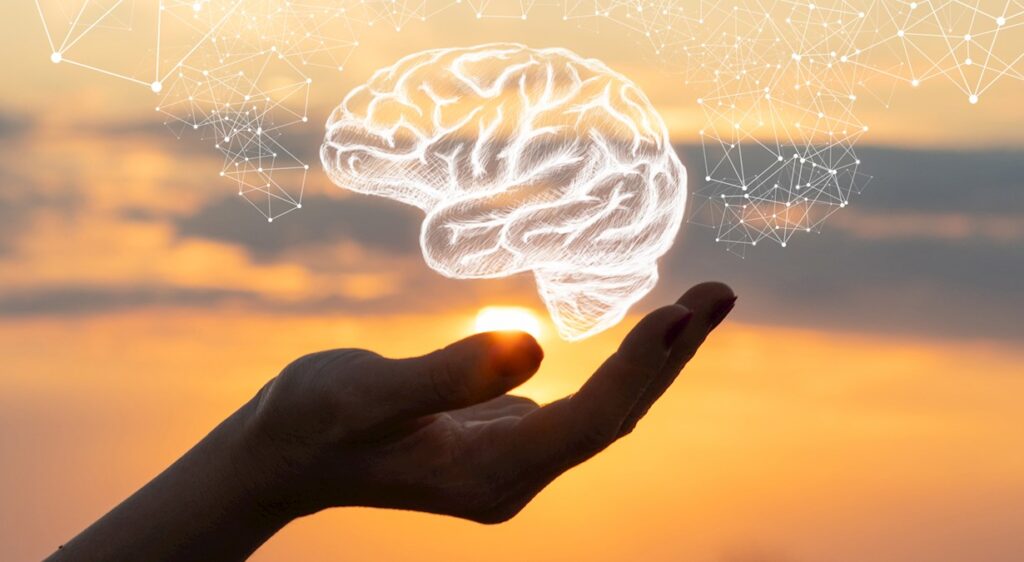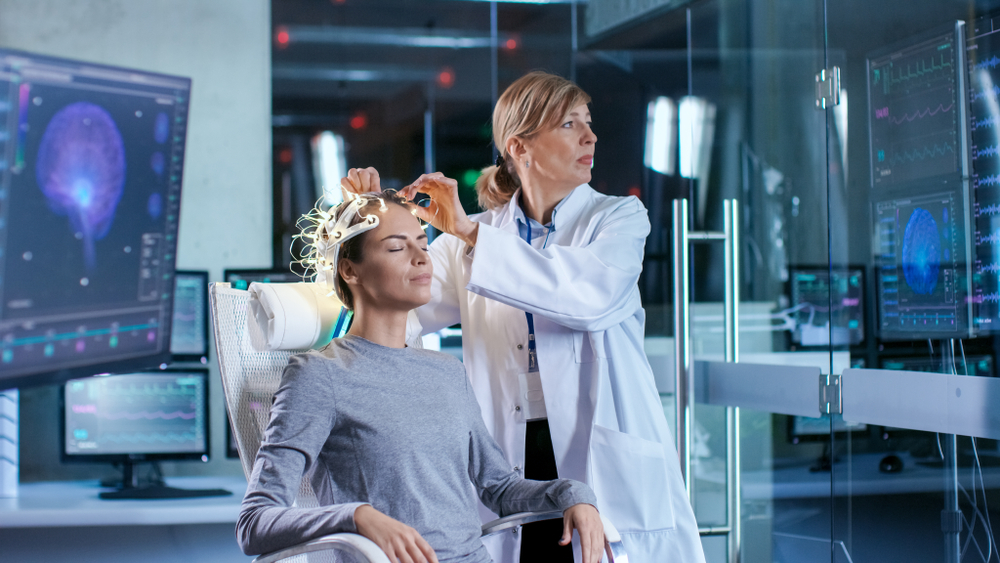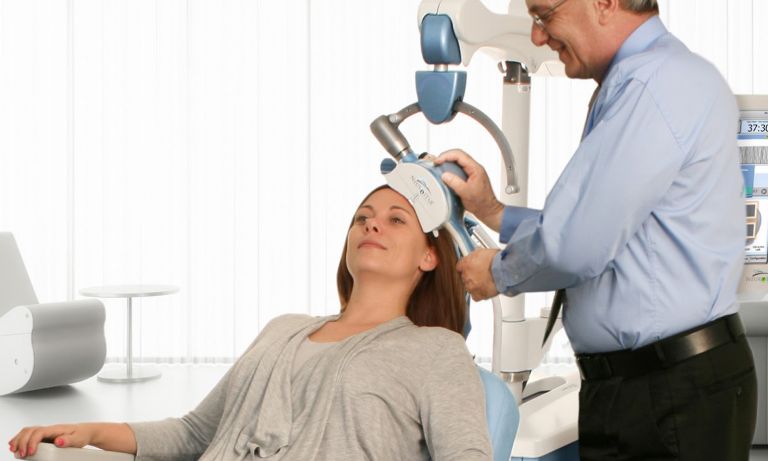Symptoms of Depression in Seniors

Feeling bummed or blue from time to time is a normal part of life, but if these sentiments or emotions last for a few weeks or months, you may suffer from depression. Next, you will learn some common signs and symptoms of depression and whether you or a loved one may be at risk from […]
The Connection Between PTSD and Depression

Bad humor, good mood, sadness, and joy are all part of life, and they can come and go. But if your mood interferes with your daily activities, or if you seem emotionally stagnant, you may have depression or PTSD (post-traumatic stress disorder). PTSD and depression can affect your mood, interests, energy levels, and emotions. However, […]
How Depression affects your Relationship

When relationships are in trouble, depression may be to blame. Different studies and investigations have shown how closely depression is related to relationships in a cyclical fashion; for instance, depression affects the quality of your relationships, and the characteristics of your relationship can affect your level of depression. Suffering from depression can cause you to […]
The History of TMS and Neurocare

TMS (Transcranial magnetic stimulation) is a treatment breakthrough. Until 2008, the FDA approved it as a depression treatment. However, TMS history goes further than 1980, as research on electrical energy and its effects on the nervous system has existed since the late 1700s. From then on, the more modern approach to TMS has proven effective […]
The Stigma of Depression in Men

Depression In Men Men and women may suffer from depression, but their symptoms can differ. For example, because men who are depressed may appear angry or aggressive rather than sad, their families, friends, and even their physicians may not always recognize anger or aggression as symptoms of depression. Additionally, men are less prone than women […]
What you Need to Know about Interventional Psychiatry

Interventional Psychiatry With decades of research and studies, present psychotherapies and pharmacotherapies continue to be intolerable or ineffective for many individuals with psychiatric disorders. Such treatment-resistant and intolerant individuals, particularly those with depression, are often referred for neuromodulatory interventions such as transcranial magnetic stimulation (TMS). However, unlike cardiology, radiology, and neurology, the field of psychiatry […]
How Neurocare Centers of America uses Neurofeedback

Neurofeedback to treat sleep disorders Neurofeedback therapy is a safe and sustainable way to help individuals with sleep disorders, including insomnia and sleep difficulties. It promotes optimal brain regulation by encouraging or inhibiting specific brain activity in real-time. Electrodes are placed behind the ears and head to measure and record muscle movement and brain activity. […]
How Does TMS Work

Transcranial Magnetic Stimulation (TMS) Therapy A non-invasive treatment method that gives magnetic pulses directly into the brain, helping stimulate important nerve cells, which helps improve depressive symptoms. This particular treatment has gained impulse over the years because of its efficacy in treating even severe cases of depression. TMS may be as much as twice as […]
The Main Causes of OCD

OCD (Obsessive-Compulsive Disorder) is a common mental health condition where a person has obsessive thoughts and compulsive behaviors. Men, women, and children can be affected. It isn’t entirely clear what causes OCD, nor its precise cause, but several theories exist to help explain how individuals in some phase of their life may develop it. For example, […]
Connection Between Neurofeedback and TMS Therapy

We at Neurocare Centers of America focus on achieving positive and sustainable change for our patients. Our centers of excellence are committed to supporting patients suffering from neuropsychiatric conditions that conventional medication management hasn’t helped. Our team comprises physicians, certified TMS Therapy technicians, nurse practitioners, etc. Our staff members, highly trained, deliver with full knowledge […]
